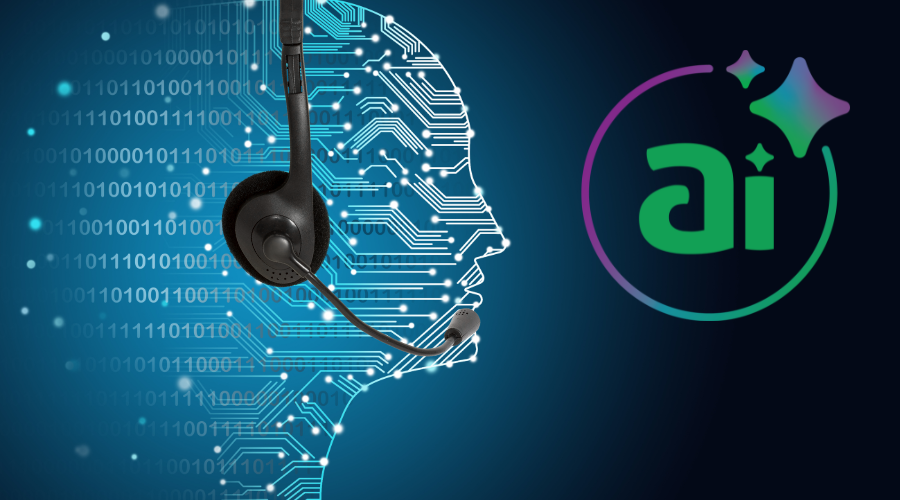Genetic testing is on the rise. Genetics can determine whether one has a disease or disability and what causes diseases to detonate. The brain is fragile yet powerful in delivering information. Dianalee McKnight, PhD1, wrote an article; by Ana Morales, MS1 et al., “Genetic Testing to Inform Epilepsy Treatment Management From an International Study of Clinical Practice,” highlighting how genetic testing can prevent some of the common diseases. Early genetic testing can help prevent conditions like epilepsy from progressing. To perform genetic testing, healthcare providers must draw blood samples and collect samples of hair, skin, amniotic fluid, or other tissues. Results may come back in a few days to weeks from the sample. Although the intent of the results informs patients, there are limitations to the details of the results taken back. To better the livelihood of patients, hospitals need to invest in a HIPAA-compliant secure messaging app. Healthcare providers can deliver information safely and quickly, and there is no need to risk sending valuable and sensitive information over email, pagers, or SMS texts.
Early identification in children can drastically improve consultation and management regarding disabilities. With health disparity in mind, the process for genetic testing will vary significantly for marginalized communities. In a study by Michelle M. Florentine et al., “Racial and ethnic disparities in diagnostic efficacy of comprehensive genetic testing for sensorineural hearing loss,” For healthcare providers, genetic testing data is valuable in understanding pediatric hearing loss. Moreover, with 50% of hearing loss being a genetic cause, genetic testing is crucial for patients to get the assistance they need for management and consultation. Early diagnoses can help ease the process for families experiencing congenital disabilities and diseases, “Asian (46%) and White (26%) groups had significantly higher diagnostic rates than Black (13%) and Hispanic (10%) children” (Florentine et al., p.501). Genetic etiology tremendously helps healthcare providers understand which demographic may be disadvantaged and reevaluate the clinical care process; hospitals must stay aware of biases and invest in secure messaging to advance the vision of leading healthcare providers.
Hospitals and clinics can consolidate PHI into one secure messaging app for providers to share internally without violating HIPAA. Now healthcare providers can reach the right specialists in real time and create seamless referrals. Redlining, inaccessible transportation, historic stigmatization, cultural differences, and discrimination create health barriers for marginalized communities. As well as the hesitance to seek medical help, the statistics reflect the delay in diagnostics and continual appointments due to systemic barriers and a lack of trust. For clinical care to transform, there is a critical need to include marginalized people within the medical practice and awareness of patients of color. Understanding the difference between the social construct of race and ethnicity from genetic ancestry determined by biological markers is crucial in reporting genetic studies. Health data is significant in improving clinical care, “Targeted studies of underrepresented groups to understand these hearing-loss genes and variants, as well as acquisition of large-scale sequencing data from diverse populations, are necessary to close this gap.” (Florentine et al., p. 503). Developing patient trust is necessary for obtaining underrepresented demographic health data. That is why investing in a secure messaging app that can consolidate sensitive PHI within one app is quintessential. To improve clinical care and solidify trust by protecting patient health information and becoming more aware of the medical care process when caring for marginalized communities.




